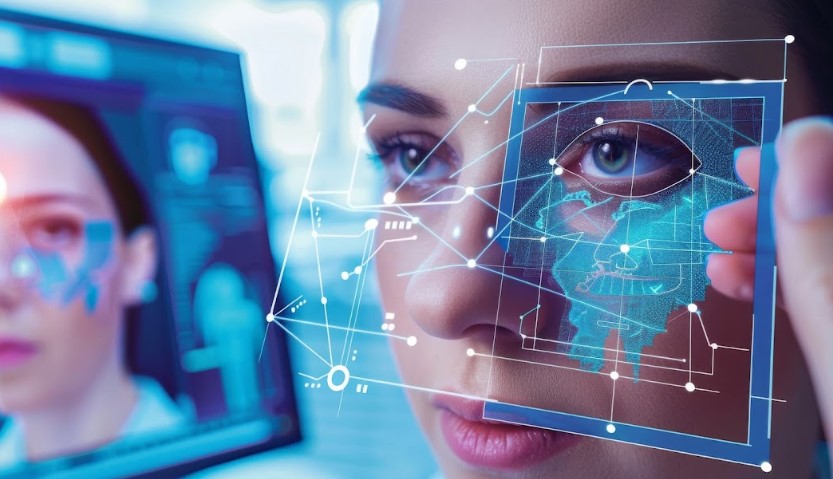
@ShahidNShah


According to the World Health Organization, roughly 29% of all people in the world will experience a mental health disorder at one point or more in their lives. This can include things like depression and anxiety or problems with substance use, such as alcoholism and drug abuse.
Traditionally, doctors treat such disorders through a combination of medications and psychotherapy. The effectiveness of the treatments may vary. The medicines may cause too many side effects in certain patients. Other patients may lack regular transportation to the therapist’s office, rendering treatment ineffective.
Mental health services, like much of the healthcare sector, are turning to technological solutions to make it easier to get help for patients. From tools adapted from general healthcare to new inventions made just for mental health, these technologies make diagnosis and treatment more accessible. Let’s look at some of the most remarkable tech innovations in mental healthcare right now.
Artificial Intelligence (AI) is a hot topic in healthcare, including mental health. IT companies are training AI to analyze incredible healthcare data, like electronic medical records, brain scans, or social media activity. The AI can then notify therapists of patients who might be at risk and even suggest personalized treatment plans. AI chatbots are designed to answer common mental health questions, allowing human therapists to focus on more complex issues that still require a personal touch.
Telehealth has been a game-changer for all kinds of healthcare, and mental health care is no different. With telehealth, patients can connect with a mental health professional anywhere, even far from a clinic. Secure medical computers and video calls make this possible. This is especially helpful for people who might feel embarrassed or worried about seeing a therapist in person. Video calls let them get the help they need in a way that feels more private.
Virtual reality is getting more affordable and available, and it’s being used in therapy in exciting ways. A wide variety of phobias and anxiety disorders can treated through this new technology.
For example, VR can help people face their fears in a controlled setting. If someone is afraid of heights, a therapist might use VR to put the patient at the top of a virtual building or tower to help them confront this fear. The simulation is real enough to be a meaningful encounter for the patient without putting them in any real danger. VR is also being used to distract patients, such as when giving an immunization shot to a child or a hospice patient suffering severe loneliness.
Directly altering a patient’s brain was performed by doctors only in the most dire circumstances, as the required surgery, medications, or both usually came with severe side effects.
New technologies like direct brain stimulation are being explored to treat such extreme cases. Techniques like transcranial magnetic stimulation (TMS) use magnetic pulses to target specific areas of the brain without surgery. The process is non-invasive and akin to getting an MRI scan.
While TMS is still new and continually being refined, it has shown promise in treating depression, often with fewer side effects than traditional medication. Other promising techniques include transcranial direct current stimulation (tDCS) and transcranial focused ultrasound (FUS).
Today’s smartwatches and wearable devices like Fitbit have tiny sensors that can track vital signs like their wearers’ heart rate, breathing, and sleep patterns. Mental health therapists given access to that information can then review it to gain better insights into how the patient is doing physically and mentally. This helps them provide the proper care as the devices spot patterns and highlight potential issues.

Technology is rapidly advancing in the world of mental health care, and it’s making a big difference. With new tools and methods, we’re able to provide better and more accessible treatment to people everywhere. As the stigma against mental healthcare continues to fade and treatment becomes more accessible, people will be able to enjoy longer, happier, and healthier lives.

A modern medical practice can only run with good server management as a vital part of its IT infrastructure. Most medical practices in 2024 are storing patient data on servers, which means that …
Posted Sep 9, 2024 Health Insurance Portability and Accountability Act (HIPAA) Privacy Compliance Patient Data
Connecting innovation decision makers to authoritative information, institutions, people and insights.
Medigy accurately delivers healthcare and technology information, news and insight from around the world.
Medigy surfaces the world's best crowdsourced health tech offerings with social interactions and peer reviews.
© 2025 Netspective Foundation, Inc. All Rights Reserved.
Built on Apr 17, 2025 at 6:07am